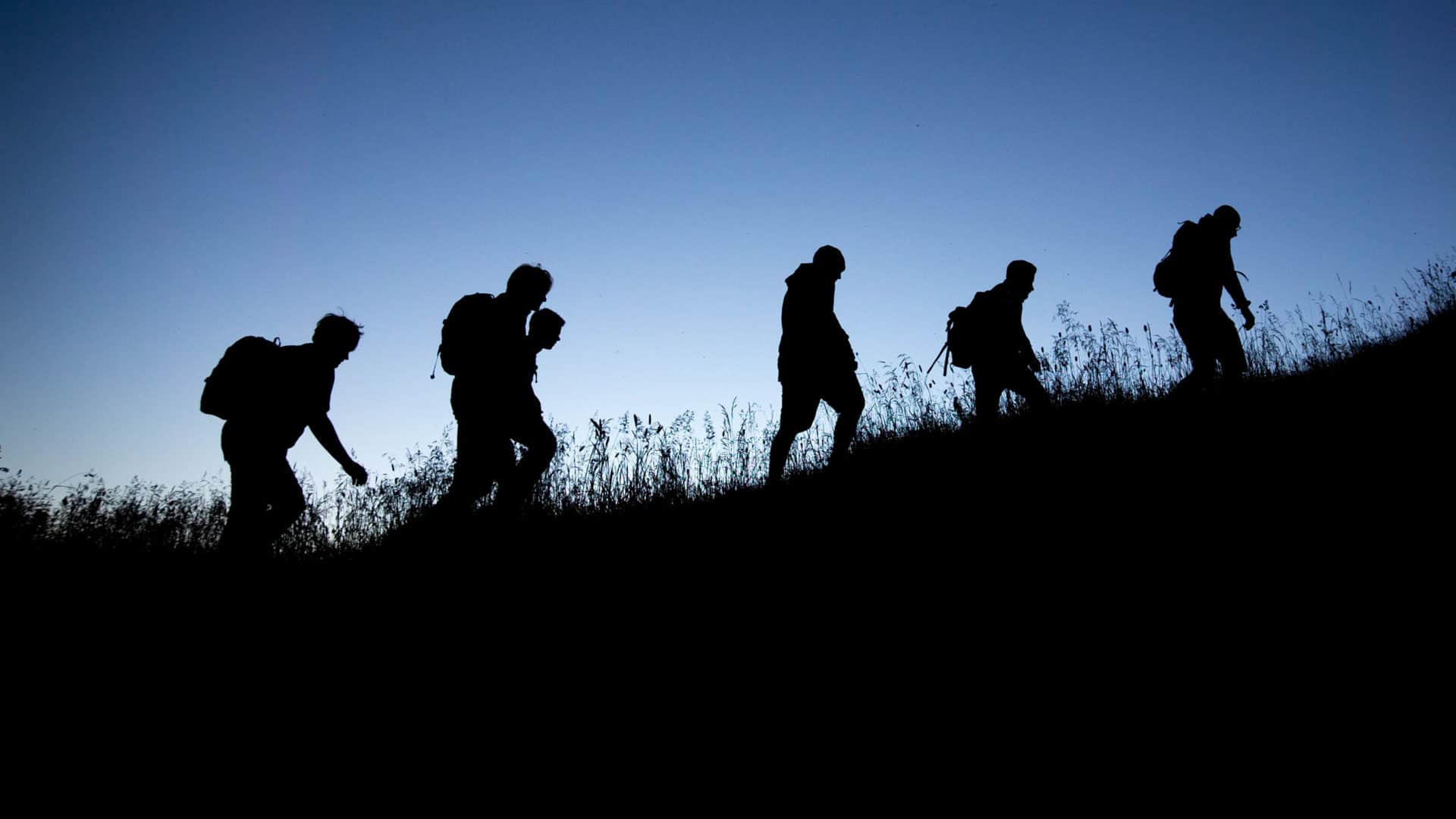Introduction
Tragedy has once again struck the realm of youth intervention programs, highlighting the challenges and potential risks associated with these wilderness therapy endeavors. The Trails Wilderness Program, which aims to help troubled youth find a path towards personal growth and healing, recently faced a devastating incident resulting in the loss of a young participant’s life. This heartbreaking incident has ignited a debate about the safety and ethical concerns surrounding such programs.

The Trails Wilderness Program
The Trails Wilderness Program, like many other wilderness therapy programs, operates on the premise that nature, challenge, and isolation can be therapeutic for struggling adolescents. These programs typically involve participants spending an extended period in the wilderness, away from their usual environment, and engaging in activities like hiking, camping, and group therapy sessions. Proponents argue that these experiences can help participants gain valuable life skills, build resilience, and address behavioral issues.
must read=trails wilderness program death
must read=casa do albergado de manaus ( 04.312.401/0004-80 casa do albergado de manaus
However, the recent death of a participant in the Trails Wilderness Program has brought attention to the inherent risks and challenges associated with such interventions. While the details surrounding this particular tragedy are still under investigation, it has raised important questions about the safety measures in place and the broader ethics of such programs.

Risk Factors in Wilderness Therapy
- Lack of Regulation: Wilderness therapy programs like Trails often operate with minimal regulatory oversight. This lack of oversight can lead to variations in program quality, safety standards, and staff training, potentially putting participants at risk.
- Physical and Psychological Challenges: The very nature of wilderness therapy involves challenging physical activities and psychological stressors. Participants often face harsh weather conditions, limited access to basic amenities, and strenuous physical exertion, all of which can be particularly taxing on already vulnerable individuals.
- Isolation: Isolation from family and friends can exacerbate feelings of loneliness and despair in participants. While isolation is intended to encourage introspection and personal growth, it can also intensify emotional struggles, especially in those with pre-existing mental health issues.
- Lack of Medical Support: Many wilderness therapy programs are located in remote areas, far from medical facilities. In case of emergencies, access to immediate medical care can be limited, leading to potentially life-threatening situations.
The Tragic Incident
The recent tragedy in the Trails Wilderness Program involved the death of a 16-year-old participant, who was reportedly experiencing severe emotional distress. While the details are still emerging, initial reports suggest that the young person’s death was related to exposure to extreme weather conditions and a lack of timely medical intervention.
The incident has sparked outrage and grief among the family and friends of the deceased, as well as concerns from advocates for youth safety. It raises questions about the screening process for participants, staff training, emergency response protocols, and the overall accountability of wilderness therapy programs.

The Ethical Debate
The use of wilderness therapy as an intervention for troubled youth has long been a subject of ethical debate. Critics argue that these programs are often more interested in profit than in the well-being of participants and question whether the risks are justified. They raise concerns about the potential for abuse, neglect, and exploitation of vulnerable youth in such settings.
Proponents, on the other hand, maintain that wilderness therapy can be a transformative experience for many young people. They argue that when conducted responsibly, these programs can provide the necessary structure and support for participants to confront their challenges, develop resilience, and return to society as healthier individuals.
Calls for Reform
In the wake of this tragedy, there have been renewed calls for greater regulation and oversight of wilderness therapy programs. Advocates for reform argue that standardizing safety protocols, staff training, and participant screening processes is essential to ensure the well-being of all involved.
Additionally, there is a push for transparency regarding the risks and benefits of wilderness therapy. Families considering such programs should be provided with comprehensive information about the potential hazards, as well as alternative intervention options, to make informed decisions.

Conclusion
The death of a young participant in the Trails Wilderness Program is a grim reminder of the complex challenges and ethical concerns surrounding wilderness therapy for troubled youth. While these programs have the potential to help many young people, they also carry inherent risks that demand careful consideration, regulation, and accountability.
As investigations continue and discussions around reform gain momentum, it is crucial to strike a balance between the potential benefits of wilderness therapy and the safety and well-being of those who seek help through these programs. The tragic loss of a young life should serve as a catalyst for meaningful change within the industry to ensure that no more families have to endure such devastating heartbreak.
